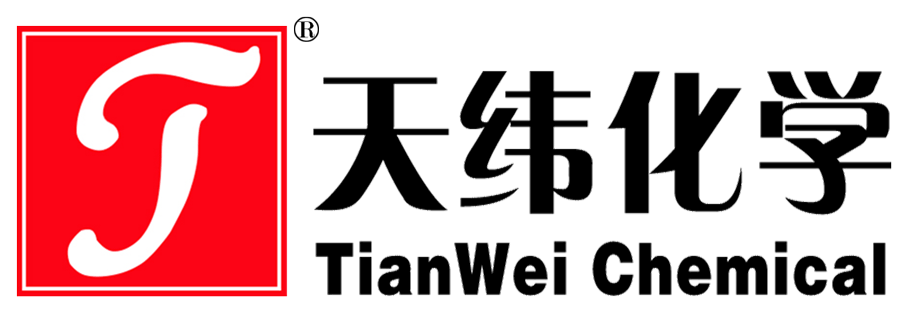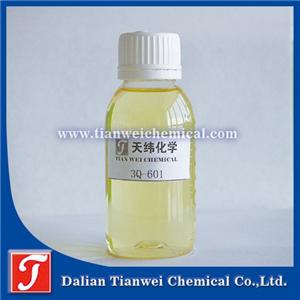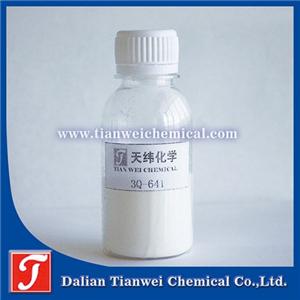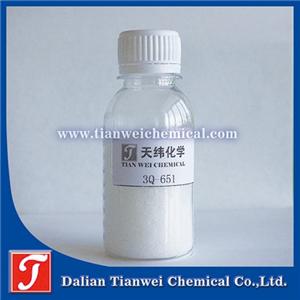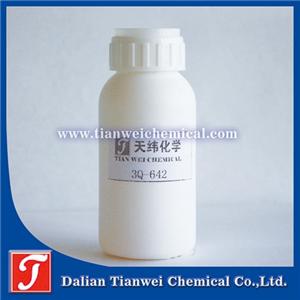Food preservative
Preservative manufacturers tell you what is food preservative? Food preservatives have a sustained inhibitory effect on the growth of microorganisms whose metabolic substrate is spoilage. It is important that it can inhibit the occurrence of perishable effects under different conditions, especially when the general sterilization effect is not sufficient. Mineral oil, coal tar and tannin for the preservation of fiber and wood; formaldehyde, mercuric, toluene, butyl p-hydroxybenzoate, nitrofurazone derivatives or balsam resins for biological specimens.
The use of preservatives in food is limited, so some physical methods such as drying and curing are mostly relied on. Special preservatives include organic acids such as acetic acid, vegetable oils with oleic acid as components, mustard seeds and other special essential oil components. For the local area of the organism (such as the surface of the human body or the digestive tract), various preservatives (such as iodoform, phenyl salicylate, aniline dyes or acridine pigments, etc.) can be used according to the specific conditions.
Food preservatives are agents that inhibit the spoilage of substances. That is, it has a sustained inhibitory effect on the growth of microorganisms that take spoilage substances as metabolic substrates. It is important that it can inhibit the prone spoilage effect under different conditions, especially when the general sterilization effect is not sufficient.
Different kinds of applications in the world, the United States has 50 kinds, Japan about 40 kinds, fungicides are different, basically no bactericidal effect, only inhibit the growth of microorganisms; The toxicity is low, and there is no damage to the flavor of food. The method of use is relatively easy to master.
There are 30 kinds of preservatives prescribed in our country, such as benzoic acid, sodium benzoate, sorbic acid, potassium sorbate and calcium propionate.
